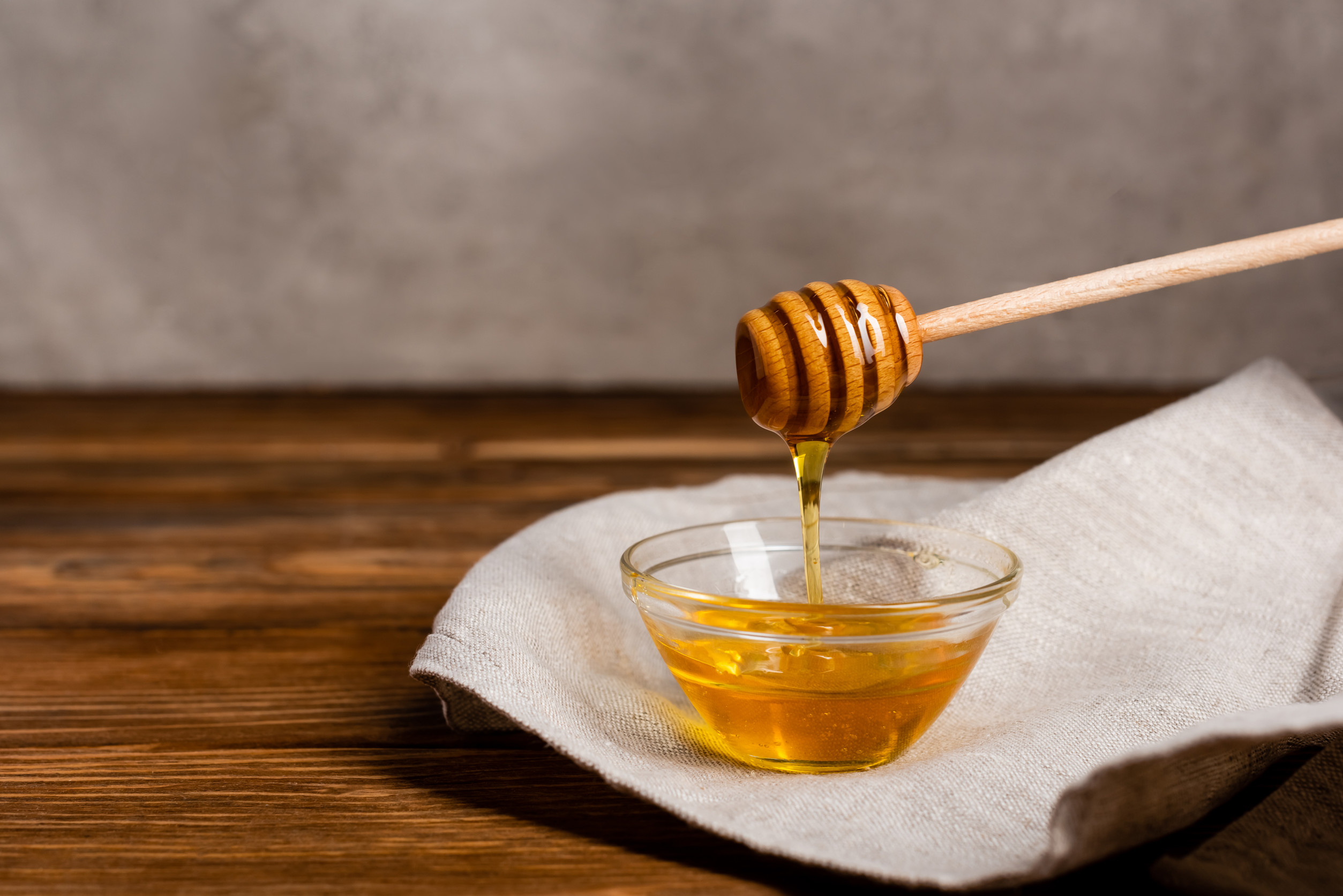BY THE OPTIMIST DAILY EDITORIAL TEAM
For those of us with a sweet tooth, honey can seem like a literal lifesaver. We get to drizzle something sweet and syrupy all over our toast, goat cheese, or even in a big stream into our morning tea, and there’s nothing to worry about because it’s a natural, healthy sweetener.
Right?
While it is certainly better than some sweetening additives, there is more to take into consideration with bees’ best product than its natural quality.
What is the sugar content of honey?
For one, it does indeed count as sugar. A natural sugar, yes, but it is still a sticky substance of fructose and glucose that bees naturally make from the sugary nectar of flowers. Sugar is fine in small doses, but it tends to be something that people overdo. The American Heart Association suggests keeping our added sugar to about six teaspoons per day for women and about nine for men.
As with everything, one should consume honey in moderation. Too much of this gold from the hive can contribute to the same problems as other sugary treats, like diabetes and heart disease. About your thumb size or the diameter of a poker chip of honey is about 64 calories and 17 grams of sugar, and it is recommended that people keep their honey intake to about 100 calories a day for women or 150 for men.
Honey is a great replacement for sugar
All that being said, one can certainly benefit by replacing their normal sweetening source with natural honey, especially if it’s local.
Honey is loaded with all sorts of natural stuff your body and your biome love. It has trace amounts of vitamins, minerals, electrolytes, enzymes, amino acids, and flavonoids. It has antibacterial, antioxidant, and anti-inflammatory properties. It is good for your gut microbiome balance and helps a sore throat and breathing. Local honey can even help your seasonal allergies because the bees that made it were using the local flowers.
All this is to say that you should absolutely drop a spoonful of honey in your morning tea or even indulge with the occasional generous drizzle over your yogurt. Just keep in mind that it is natural sugar, and there can very much be too much of a delicious thing.










